Indian National Movements (1885 – 1905) & Moderate Nationalism
by Devender
0 2714
The history of the Indian National Movement can be divide into 3 different phases:
1 The first one would be the phase of moderate nationalism from 1885-1905 when Congress stayed loyal to the British crown.
2 The years 1906-1916 witnessed the Swadeshi Movement, the rise of militant nationalism (Extremism), and the Home Rule Movement.
3 The Gandhian era from 1917 to 1947.
Major Causes of Indian National Movements of 1885 to 1905
- Political Unity: Nearly all the Indians were under single administration for the first time.
- Western Education: Western education spread the ideas of liberty, equality freedom & nationalism. As a result, educated Indians led the national movement & organized it.
- Press: The press both Indian and English aroused the national consciousness.
- Administration of Lytton: The administration during Lytton was not liked by many. He passed acts such as the Vernacular press act and Arms Act which didn't please people. He also introduced the Uniform salt tax and arranged Delhi darbar during Famine time which was not likable among masses.
- The Indian National Congress:
- Surendranath Banerjee:
- G Subramanya Aiyar:
- Dadabhai Naoroji:
- Gopal Krishna Gokhale:
- Demands of Moderates:
- Methods of Moderates:
- Indian Councils Act of 1892:
There were many other reasons too like the development of transport and communication that brought Indians together. The social and religious movements in the nineteenth century and economic & political exploitation by the Britishers also played a major role. The racial discrimination and the controversy of Ilbert Bill also brought the masses together against Britishers.
It was founded by A O Hume in 1885 and formed during the period of Governor-General Lord Dufferin. Its first session was held in Bengal under the presidency of W C Banerjee where the problems of all the Indians irrespective of their religion, caste, language, and regions were discussed. It was an all-India secular movement from the start. The second session was held at Calcutta in 1886 and the third at Madras in 1887.
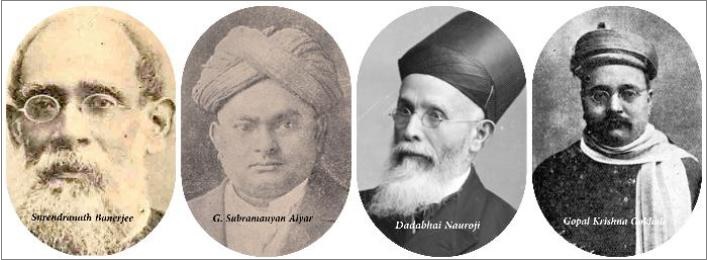
Moderate Nationalism
He was known as Indian Burke. He totally opposed the partition of Bengal and published a newspaper named The Bengali. He also founded the Indian Association in 1876 to agitate political reforms and convened the Indian National Conference in 1883 which was later merged with the INC in l886.
He was known as the Grand old man of South India. He spread nationalism through the Madras Mahajana Sabha. He was the founder of The Hindu (English) and Swadesamitran (Tamil).
He was known as the Grand Old Man of India. He published the Voice of India and he was regarded as the unofficial Ambassador of India in England.
He became the first Indian to be a Member of the British House of commons. He wrote his Drain theory in his famous book Poverty and un-British Rule in India. He showed how Indian wealth was drained from India and taken to England. British was forced to appoint the Welby Commission, with Dadabhai as the first Indian as its member, to enquire into this matter.
He is the political teacher of Gandhi and he published Sudharak. He was the first one to raise his voice for free preliminary education. He also founded the Servants of India Society in 1905 to train Indians to dedicate their lives to the cause of the country.
The main demands of moderates were the expansion and reform of legislative councils whereas providing more opportunities to Indians at higher posts by holding the ICS examination in India too. They wanted to separate the judiciary from the executive. They wanted more powers for local bodies.
They demanded a reduction in land revenue and wanted to protect peasants from unjust landlords. They wanted the end of salt tax and sugar duty. They demanded freedom of speech and expression and freedom to form associations. They also wanted to reduce the spending on the army.
They had total faith in British justice and looked to them for inspiration and guidance. They used petitions, resolutions, meetings, leaflets and pamphlets, memorandums, and delegations to put forward their demands. They limited their political activities to the educated classes only and aimed to get political rights and self-government stage by stage.
Although, the only demand on moderates that was listened to by the Britishers was the expansion of the legislative councils by the Indian Councils Act of 1892.
It was the first achievement of INC. It increased the number of additional members in the Central Legislative Council. It also increased the proportion of non-officials. The members were finally allowed to discuss the budget and criticize the financial policy of the government. However, the budget could not be voted upon nor could be amended. The number of additional members was also increased and they were also given additional powers.

Share:

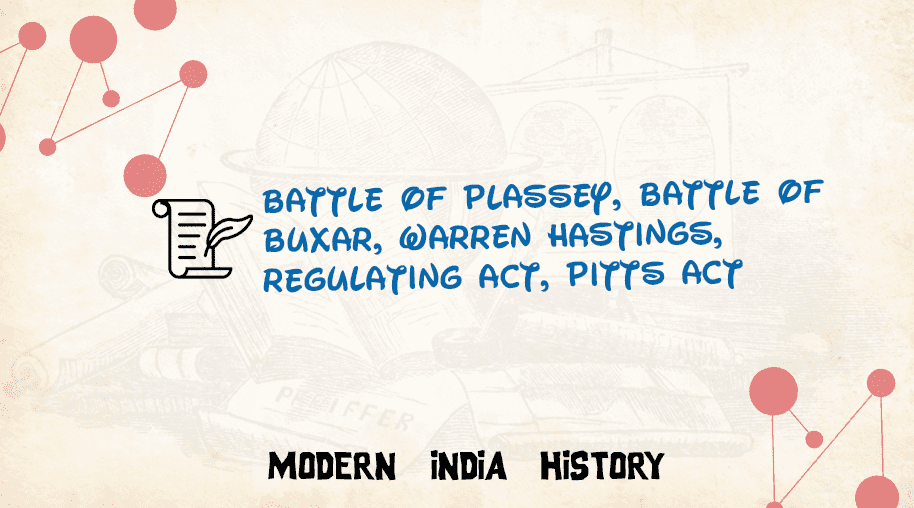
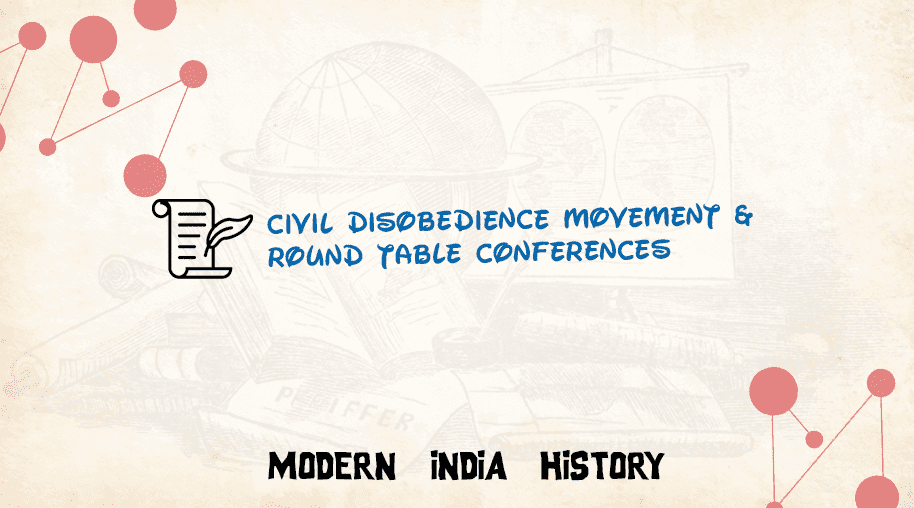
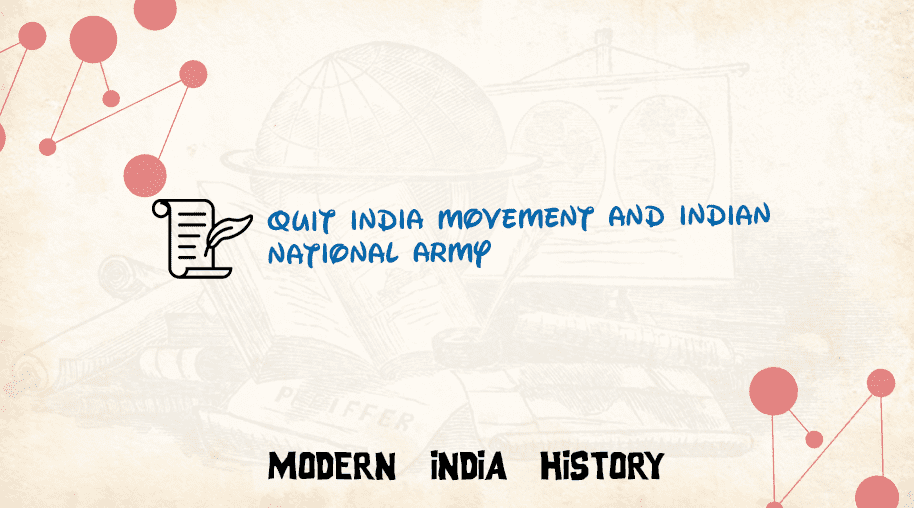
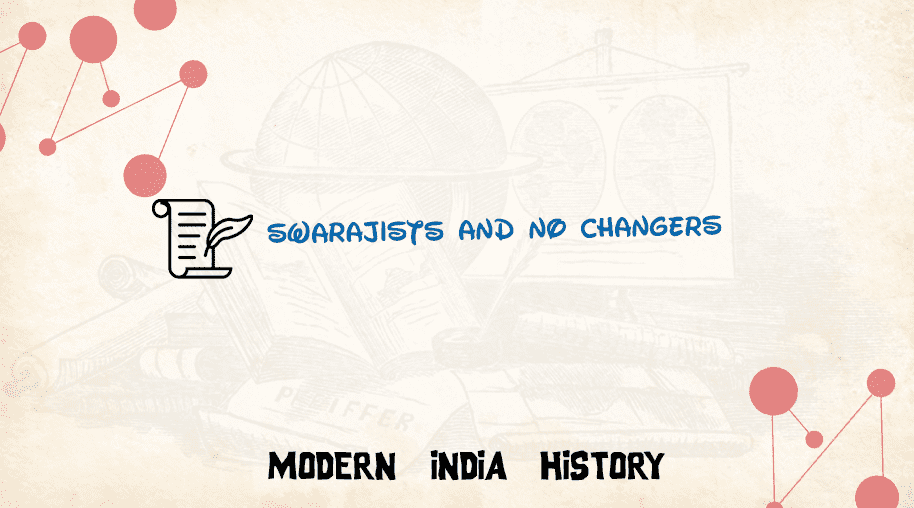


Comments
Waiting for your comments